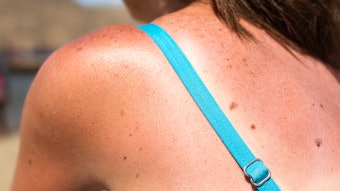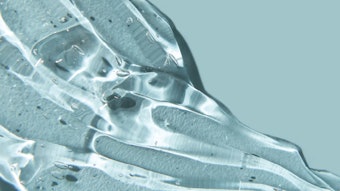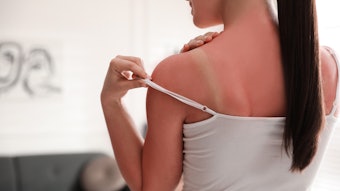
Soldiers deployed to sunny climates are not being adequately protected from the most common cancer type, according to a study being presented this week at the World Congress on Cancers of the Skin in Edinburgh, Scotland. The World Congress was founded by The Skin Cancer Foundation and organized this year by the British Association of Dermatologists.
Skin cancer refers to a group of cancers predominantly caused by unprotected exposure to the sun, of which melanoma is the most dangerous. Melanoma claims 9,700 lives in the United States each year.
Previous research has shown that 34% of US military veterans who developed melanoma had also been deployed to tropical climates. In comparison, only 6% of non-military melanoma patients had spent time in tropical climates.
This latest study, conducted by researchers from Vanderbilt University School of Medicine, found that only 22% of military personnel were made very aware of the risks of sun exposure. Furthermore, while 77% reported being exposed to bright sunlight for more than four hours a day, only 27% had regular access to sunscreen. Just under a third of respondents—32%—reported having no access to sunscreen at all.
Consequently, a staggering 62% of military personnel reported getting sunburned while deployed abroad, including cases of skin blistering. Twenty-nine percent have noted a change in the color, shape or size of their moles—often a sign of skin cancer—since being deployed to tropical zones, however only 4% had received a skin examination from a physician since deployment.
“This study shows that the vast majority of soldiers who are facing a high risk of skin cancer are unaware of what to do to protect themselves,” said Allan Harrington, MD, spokesperson for The Skin Cancer Foundation and former director of Skin Cancer Surgery at Walter Reed Army Medical Center. “Since sun exposure causes the vast majority of skin cancer cases, it’s imperative for our men and women in uniform to be armed with the tools they need to practice proper sun protection.”
“The past decade of United States’ combat missions, including operations in Iraq and Afghanistan, have occurred at a more equatorial latitude than the mean centre of the United States population, increasing the potential for ultraviolet irradiance and the development of skin cancer,” said Jennifer Powers, assistant professor at Vanderbilt University and Head Researcher of this study. “This study demonstrates room for improvement for skin cancer prevention and early detection in the military population, including possible screening of higher risk personnel.”
Source: www.skincancer.org










